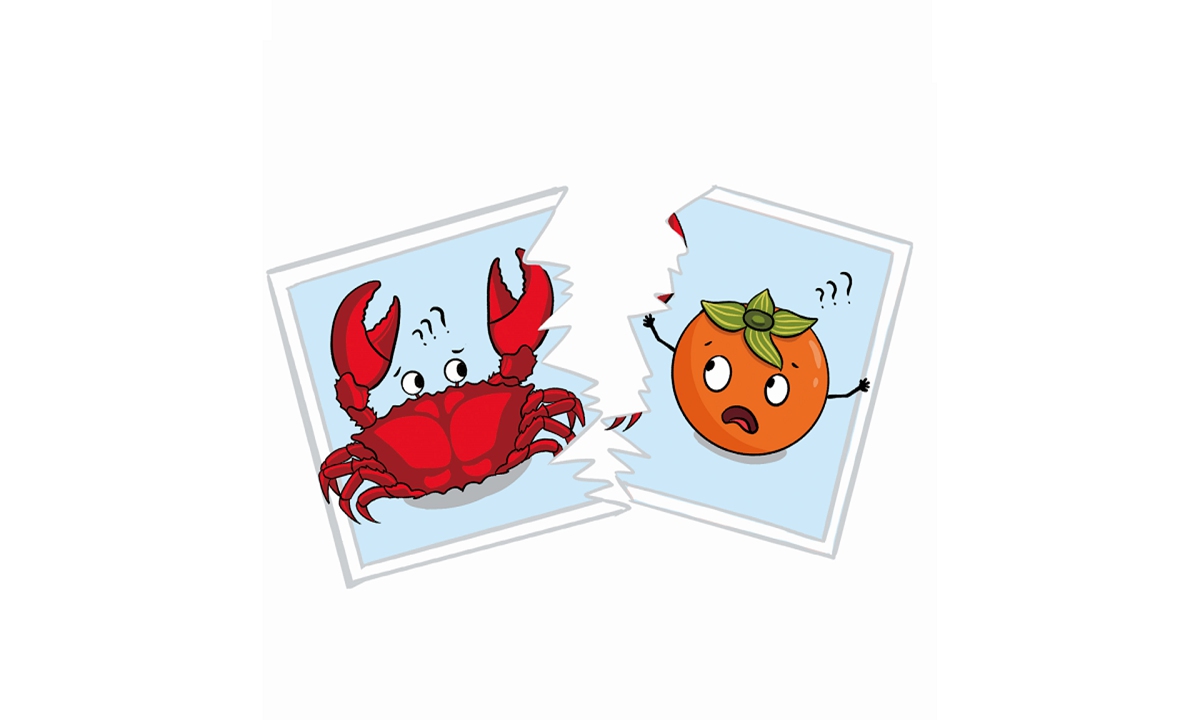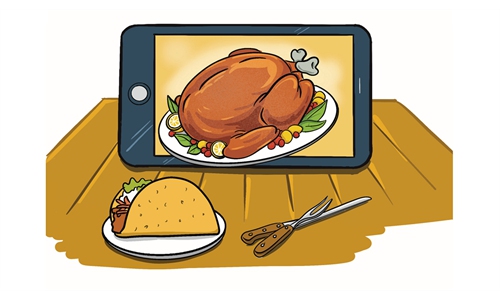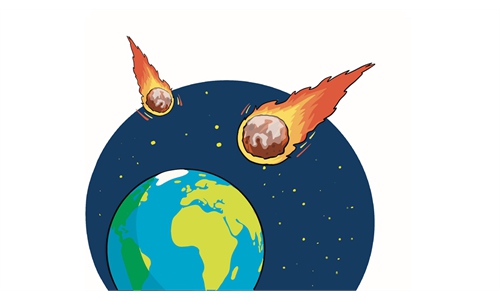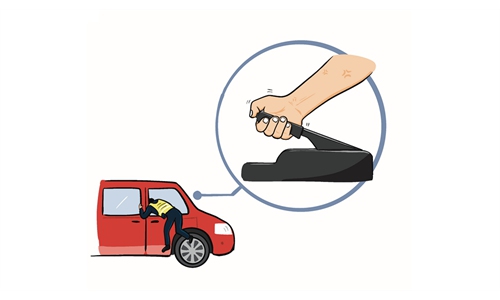LEARNING CHINESE / DIALOGUE
Learning Chinese
Chat attack
mutually exclusive foods/ 食物相克/ (shíwùxiānɡkè)
A: What did you cook to treat yourself this weekend?
你周末做什么美食犒劳自己了?
(nǐzhōumò zuòshénme měishí kàoláo zìjǐle?)
B: I made chestnut beef stew and it tasted great!
我做了板栗炖牛肉, 味道好极了!
(wǒzuòle bǎnlì dùnniúròu, wèidàohǎojíle!)
A: Are you sure? I have the impression that there is a folk saying that beef and chestnuts are mutually exclusive foods.
你确定吗?我印象里好像民间有牛肉和板栗这样的搭配属于相克食物的说法。
(nǐquèdìnɡma? wǒyìnxiànɡlǐ hǎoxiànɡ mínjiān yǒuniúròu hébǎnlì zhèyànɡde dāpèi shǔyú xiānɡkèshíwùde shuōfǎ.)
B: Although the idea of mutually exclusive foods is widely circulated among common folk, Chinese nutrition experts have confirmed through a series of experiments that the idea of mutually exclusive foods is fundamentally untenable.
虽然食物相克说法在民间广为流传, 但是中国的营养学专家通过一系列实验已经证实食物相克的说法根本站不住脚。
(suīrán shíwù xiānɡkè shuōfǎ zàimínjiān ɡuǎnɡwéiliúchuán, dànshì zhōnɡɡuóde yínɡyǎnɡxué zhuānjiā tōnɡɡuò yíxìliè shíyàn yǐjīnɡ zhènɡshí shíwùxiānɡkède shuōfǎ ɡēnběn zhànbùzhùjiǎo.)
A: Typical sets of mutually exclusive foods include peanuts vs cucumbers, crab vs persimmons. In that case, it really isn't a problem.
典型的食物相克包括花生和黄瓜, 还有螃蟹和柿子。这么说来都没关系啊。
(diǎnxínɡde shíwùxiānɡkè bāokuò huāshēnɡ héhuánɡɡuā, háiyǒu pánɡxiè héshìzi, zhèmeshuōlái dōuméiɡuānxi a.)

mutually exclusive foods/ 食物相克/ (shíwùxiānɡkè)
A: What did you cook to treat yourself this weekend?
你周末做什么美食犒劳自己了?
(nǐzhōumò zuòshénme měishí kàoláo zìjǐle?)
B: I made chestnut beef stew and it tasted great!
我做了板栗炖牛肉, 味道好极了!
(wǒzuòle bǎnlì dùnniúròu, wèidàohǎojíle!)
A: Are you sure? I have the impression that there is a folk saying that beef and chestnuts are mutually exclusive foods.
你确定吗?我印象里好像民间有牛肉和板栗这样的搭配属于相克食物的说法。
(nǐquèdìnɡma? wǒyìnxiànɡlǐ hǎoxiànɡ mínjiān yǒuniúròu hébǎnlì zhèyànɡde dāpèi shǔyú xiānɡkèshíwùde shuōfǎ.)
B: Although the idea of mutually exclusive foods is widely circulated among common folk, Chinese nutrition experts have confirmed through a series of experiments that the idea of mutually exclusive foods is fundamentally untenable.
虽然食物相克说法在民间广为流传, 但是中国的营养学专家通过一系列实验已经证实食物相克的说法根本站不住脚。
(suīrán shíwù xiānɡkè shuōfǎ zàimínjiān ɡuǎnɡwéiliúchuán, dànshì zhōnɡɡuóde yínɡyǎnɡxué zhuānjiā tōnɡɡuò yíxìliè shíyàn yǐjīnɡ zhènɡshí shíwùxiānɡkède shuōfǎ ɡēnběn zhànbùzhùjiǎo.)
A: Typical sets of mutually exclusive foods include peanuts vs cucumbers, crab vs persimmons. In that case, it really isn't a problem.
典型的食物相克包括花生和黄瓜, 还有螃蟹和柿子。这么说来都没关系啊。
(diǎnxínɡde shíwùxiānɡkè bāokuò huāshēnɡ héhuánɡɡuā, háiyǒu pánɡxiè héshìzi, zhèmeshuōlái dōuméiɡuānxi a.)

Illustration: Liu Xidan/GT




